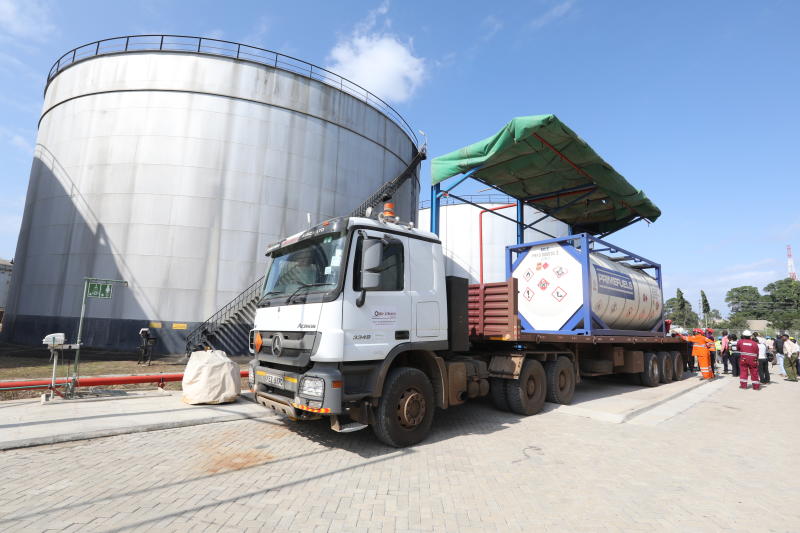
The realisation that Kenya will not export its first batch of oil in April has cast the spotlight on a pilot scheme dogged with controversy since the State bulldozed its intention to exportcrude oil without the necessary infrastructure and policies in place.
In a rush to export crude oil, the government overlooked some of the challenges that could have arisen along the way. This, in addition to a two-month standoff between the State and the Turkana community in August last year due to the lack of a Memorandum of Understanding have come back to haunt the government.